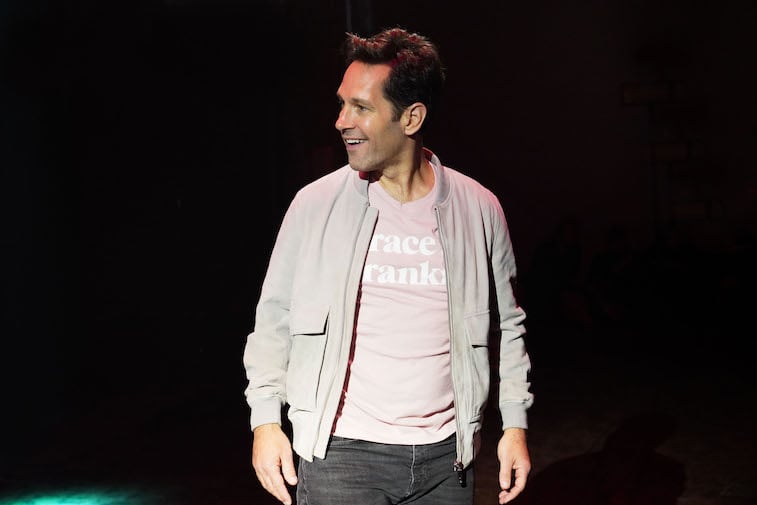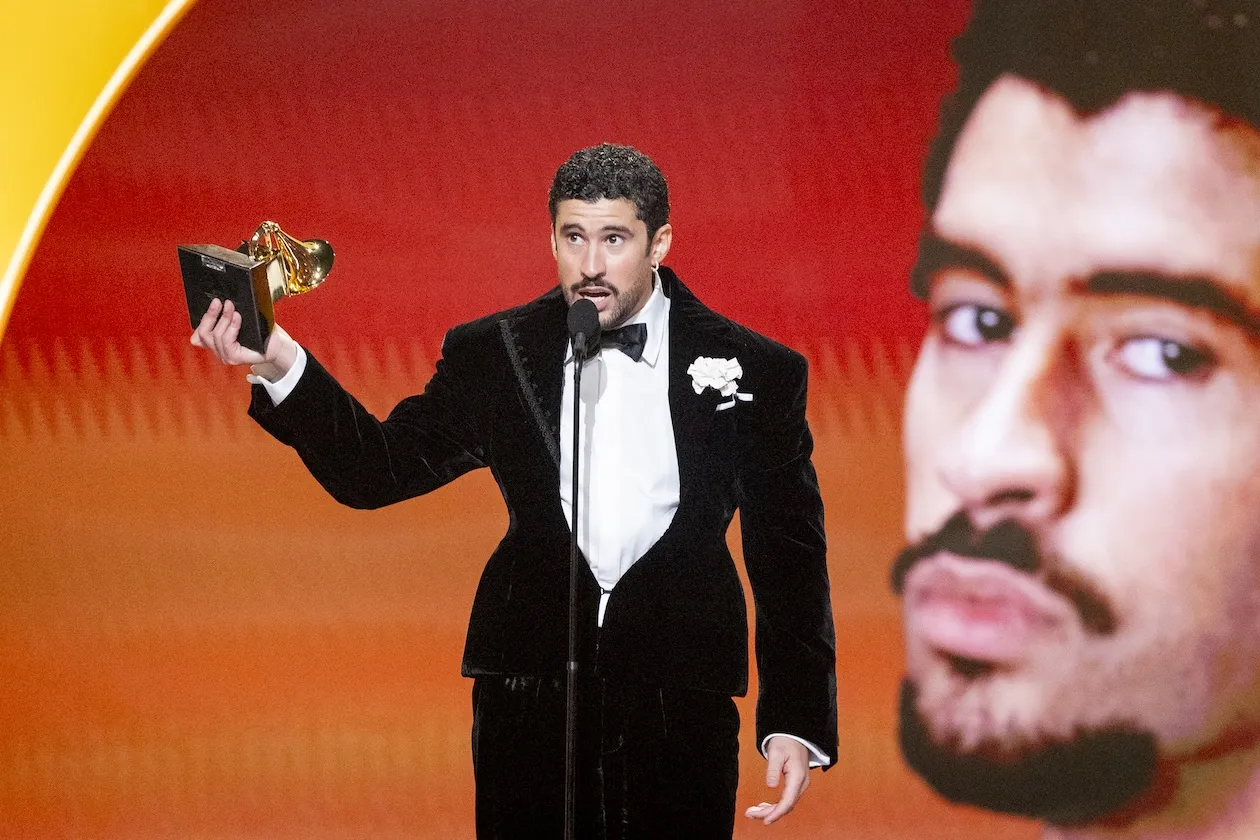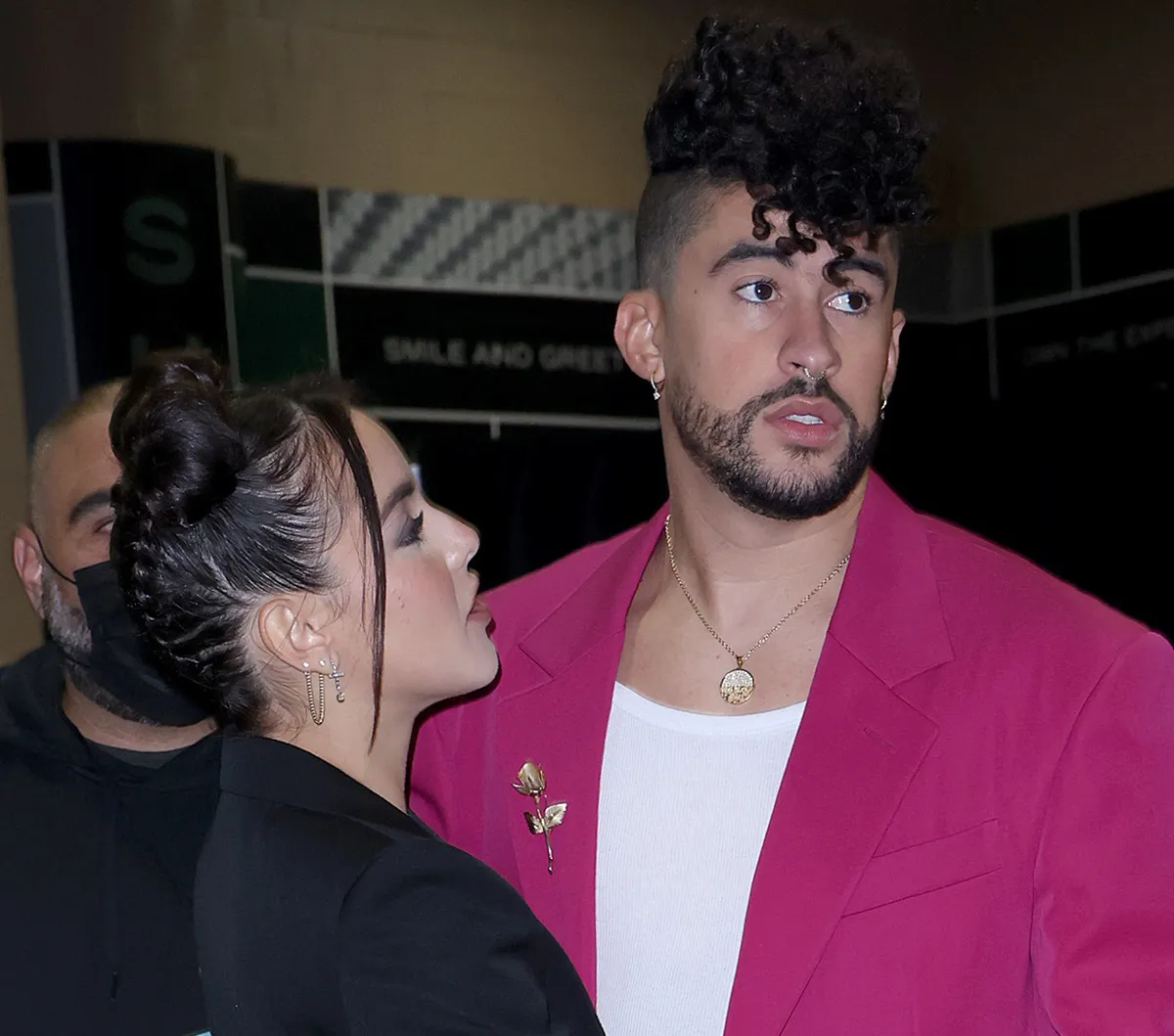The Real Reason Paul Rudd’s Ant-Man Wasn’t In ‘Avengers: Infinity War’
A lot of Marvel fans have wondered why Paul Rudd didn’t appear as Ant-Man in Avengers: Infinity War back in 2014. It’s just one of many questions MCU fans continue to debate over, with quite a few queries now being answered by the Russo Brothers in various Q&As.
Answering why Scott Lang/Ant-Man didn’t participate in Infinity War ultimately went to the screenwriters: Christopher Markus and Stephen McFeely. During a Q&A at Comic-Con this year, they noted the reasons behind the Ant-Man absence were psychological all the way.
Their explanation behind it shows how calculated each and every MCU movie is. They also proved that with careful plot consideration, it’s bringing more logic and social experimentation to every Marvel project.

Markus and McFeely didn’t want a depressed Ant-Man in his standalone film
Because Ant-Man and the Wasp was already slated to release in-between Infinity War and Endgame, it created a bit of a problem having Paul Rudd involved in IW for an unusual reason.
According to Markus and McFeely, it would have meant Scott Lang/Ant-Man knowing about the snap that occurs at the end of the movie. Besides, Lang had been hired by the government and wasn’t available anyway.
Can you imagine how Ant-Man would have felt knowing all of his friends had turned to dust just before going into his own standalone film? Going on this decision, it tells us the psychological pulls of these movies are very well analyzed with every detail thought over carefully.
At the heart of this was also the idea they’d have to make Lang/Ant-Man a very depressed figure. As we’ve seen with most Paul Rudd performances, he doesn’t play depressed characters. Even in the chance Rudd himself experiences depression in his real life, he never looks like he does based on all his media appearances.
The public simply equates Rudd with feel-good comedy most of the time, proving we’ll never see him play a morose figure as we’ve seen with some of the Marvel superheroes. We also see he’d never fit in over at DC where brooding depression in their superheroes is a cottage industry.
‘Ant-Man and the Wasp’ was also strategic in setting up the ‘Endgame’ time travel
To show you how well designed each phase is, Ant-Man and the Wasp introduced some of the fundamentals to the time travel elements Endgame used later.
If you’ve seen Ant-Man and the Wasp, then you know how Scott Lang delves into the Quantum Realm, first to retrieve Hope van Dyne’s mother (played by Michelle Pfeiffer), then to gather some research materials for a research project. He gets stuck there, just when the Thanos snap occurs, turning everyone in the outside world to dust.
Yes, that haunting scene of Hope’s parents, Hank and Janet, turning to a pile of dust would have devastated Scott had he seen what happened. Of course, we all know he didn’t come out of the Quantum Realm until the events of Endgame five years later when all was fixed through the Time Heist.
Even during this, Rudd’s Ant-Man is always kept as a lightweight character, telling us the screenwriters always write toward what the actors can do well.
Should we see a more serious Ant-Man in a later sequel?
Those of you who’ve seen Endgame know Scott Lang/Ant-Man survives at the end, leaving the door open for a sequel someday. There isn’t one on the slate yet, but many of the actors (including Michael Douglas playing Hank Pym) want to see another Ant-Man movie made.
Most of us think of Paul Rudd always bringing levity to every role he plays, including Scott Lang. What if the production team created something more challenging for him in this role? No doubt a few fans have wondered if Marvel will go slightly darker to compete with DC once latter starts rolling out their new slate of superhero films.
While Rudd has done some dramas, the majority of his most successful films have been comedies. Unless Marvel throws some curveballs with their Marvel characters (as with Thor) on making their more comedic characters more dramatic, Rudd’s Ant-Man will probably just stay as comedic relief.
No doubt this was audience-tested thoroughly as a way to prove how powerful the MCU is as a cinematic social experiment.


